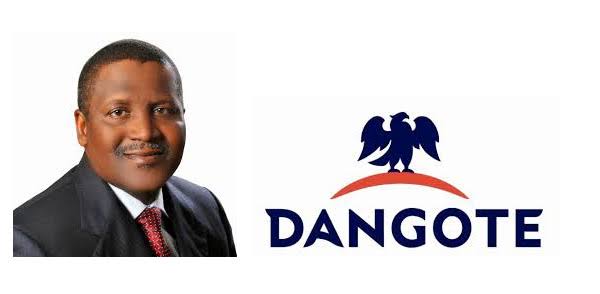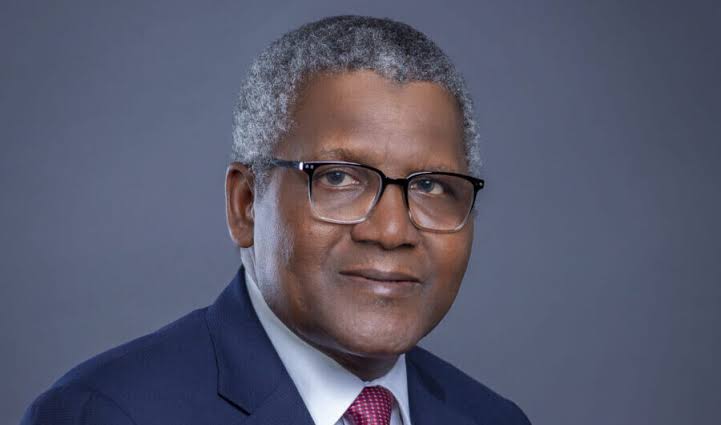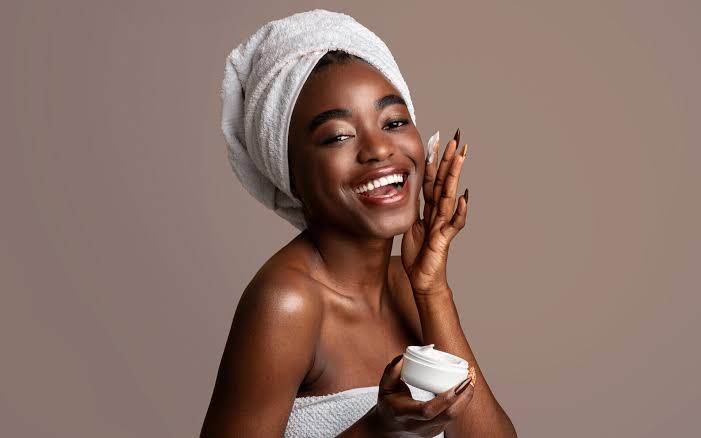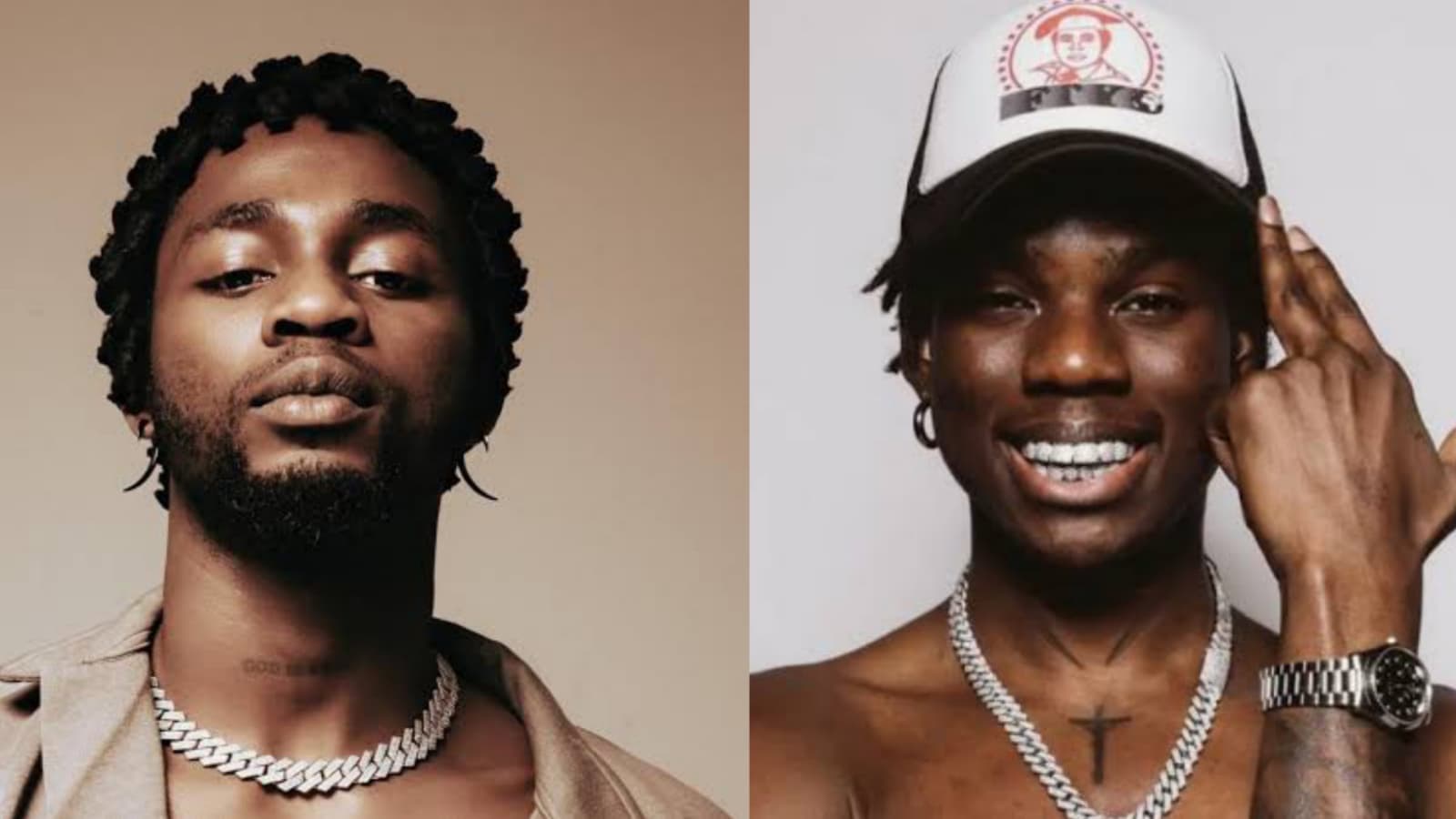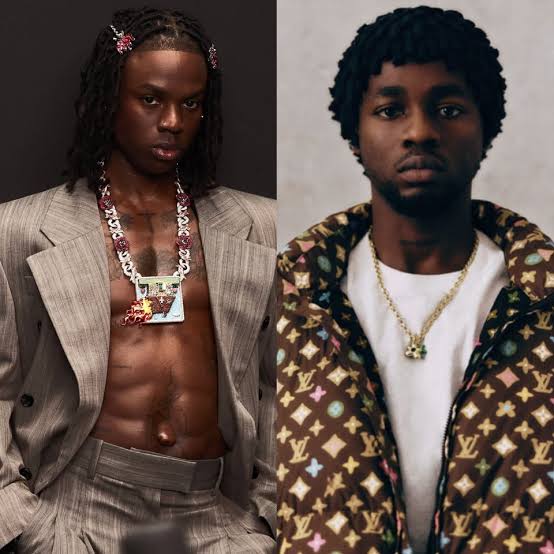Sports betting has exploded into one of Nigeria’s most dominant forms of entertainment. From Bet9ja to SportyBet, BetKing, and 1xBet, millions of Nigerians log in daily to place wagers, mostly on football matches. On the surface, betting is marketed as fun, thrilling, and rewarding. Yet beneath the flashy adverts and quick payouts lies a growing crisis: sports betting is silently eroding mental health, financial stability, and social wellbeing across the country.
A Nation of Bettors
The numbers reveal the scale of the boom. Studies estimate that over 60 million Nigerians between 18 and 40 years old actively participate in betting. On average, they spend ₦3,000 daily, amounting to nearly ₦730 billion annually. In fact, Nigeria is now considered one of Africa’s largest betting markets, with betting shops and mobile apps dominating both urban and rural landscapes.
What makes this rise even more striking is the context: a nation where over 40% of the population lives in poverty is also home to one of the highest rates of gambling participation in the world.
The Impact on Mental Health
The thrill of betting is tied to brain chemistry. Each wager triggers dopamine; the same chemical linked to pleasure and reward. But this excitement can quickly spiral into addiction.
Many bettors report mood swings, sleepless nights, and constant anxiety. Losing streaks bring feelings of guilt and despair, while the urge to “chase losses” only deepens the cycle. A growing number of Nigerian psychologists now warn that sports betting has become a major driver of depression, anxiety, and even suicidal thoughts.
In one heartbreaking case, a university student in Ilaro took his own life after losing his school fees to betting. In another, a man in Lagos ended his life after losing ₦2.5 million on virtual games. These stories, though shocking, are far from isolated.
Financial Ruin Disguised as Fun
The financial toll of sports betting is devastating. For many Nigerians, especially young men, betting is seen as a potential escape from unemployment and hardship. But instead of financial freedom, it often results in deeper poverty.
Research shows that:
- 62% of addicted bettors in Lagos borrow money to fund gambling.
- 28% fail to meet essential payments such as rent or school fees.
- Some lose millions of naira within weeks, selling assets or borrowing heavily in the process.
The painful truth is that bookmakers always have the edge. Wins are temporary, but losses accumulate—leaving countless Nigerians trapped in debt cycles.

Social and Emotional Strain
Sports betting does not only harm individuals, it reshapes relationships. Families often suffer when breadwinners divert money meant for food, rent, or education into betting. Friends drift apart as shame and secrecy build.
Among students, the impact is equally alarming. Studies show that 14% of Nigerian university students already suffer problem gambling, and nearly half of those who bet regularly display addictive behaviours. Academic performance suffers as money, time, and focus are swallowed by betting apps.
The Role of Betting Apps
Modern betting companies have perfected the art of addiction. Platforms like Bet9ja, SportyBet, NairaBet, 1xBet, and BetKing employ strategies designed to keep players hooked:
- 24/7 accessibility: With apps on smartphones, betting is available anytime, anywhere.
- Flashy promotions: Welcome bonuses, odds boosts, and “free bets” encourage more spending.
- Fast-play features: Virtual games and live betting deliver instant results, fueling compulsive behavior.
- Psychological hooks: Near misses, bright visuals, and celebratory alerts simulate victory even in loss.
These features transform betting from occasional fun into compulsive daily habits, making it one of the fastest-growing addictions in Nigeria.
Why Betting Feels Unescapable
Experts describe sports betting in Nigeria as a perfect storm:
- Economic desperation: With limited job opportunities, betting feels like a shortcut to wealth.
- Passion for football: Tying wagers to beloved sports makes it socially acceptable.
- Aggressive advertising: From billboards to Instagram feeds, betting brands flood media with success stories, rarely showing the ruin that follows.
One bettor who lost ₦10 million in two weeks described it bluntly: “It’s like a sect. Once you’re in, it’s extremely difficult to leave.”

Protecting Wellbeing
While sports betting is legal and often positioned as harmless entertainment, its impact on wellbeing is undeniable. To address this crisis:
- Public awareness campaigns are needed to highlight the risks.
- Limits and regulations should be enforced on betting advertisements and promotions.
- Financial literacy and job creation must be prioritized to reduce dependence on gambling.
- On a personal level, individuals must set strict betting limits, avoid chasing losses, and seek help when betting becomes uncontrollable.
Sports betting in Nigeria is no longer “just a game.” It is a powerful industry feeding off economic hardship, passion for football, and human vulnerability. While some may enjoy it casually, for millions it has become a trap—undermining mental health, draining finances, and tearing at the fabric of relationships.
In the end, the question remains: is the thrill of a potential win worth the silent cost to wellbeing?
I await your comments
Subscribe to our newsletter for more articles like this.





